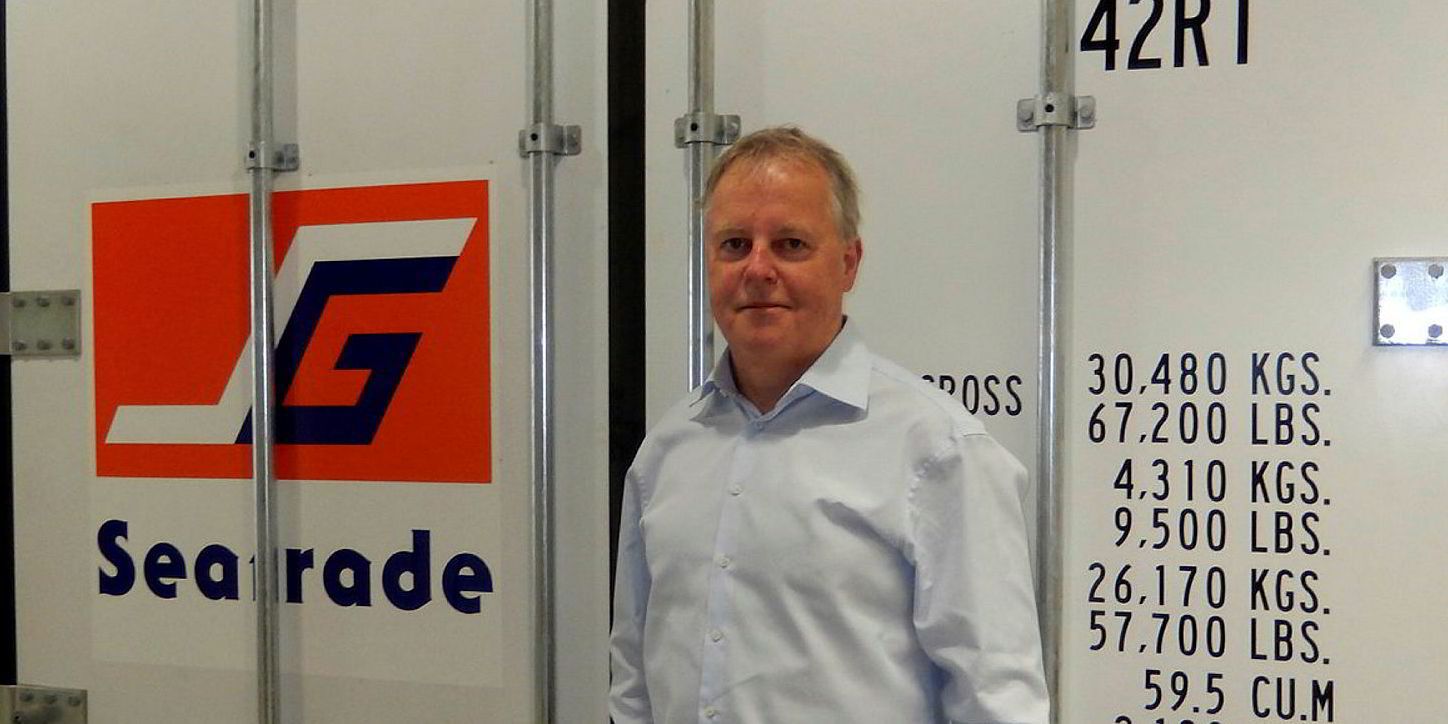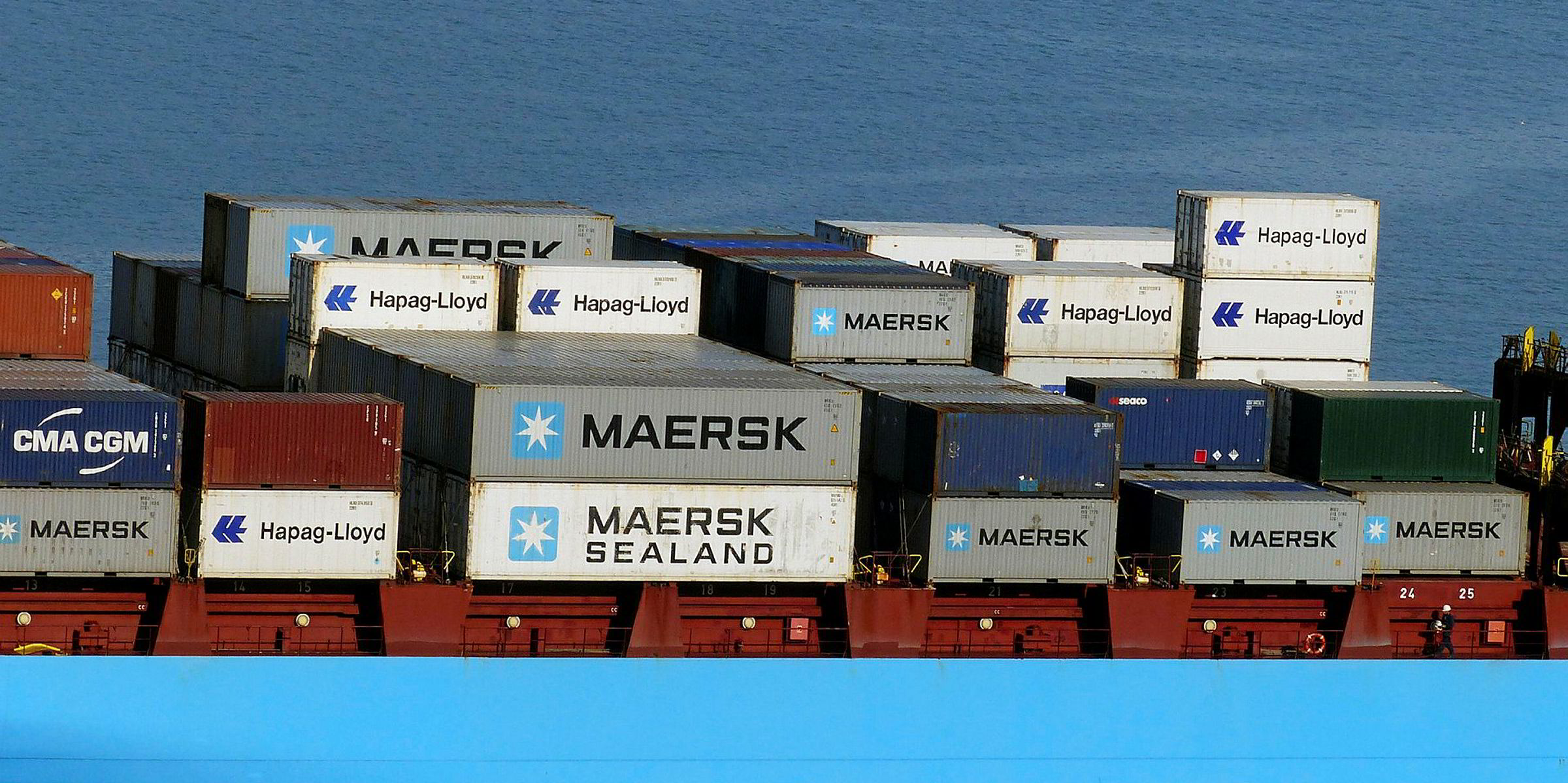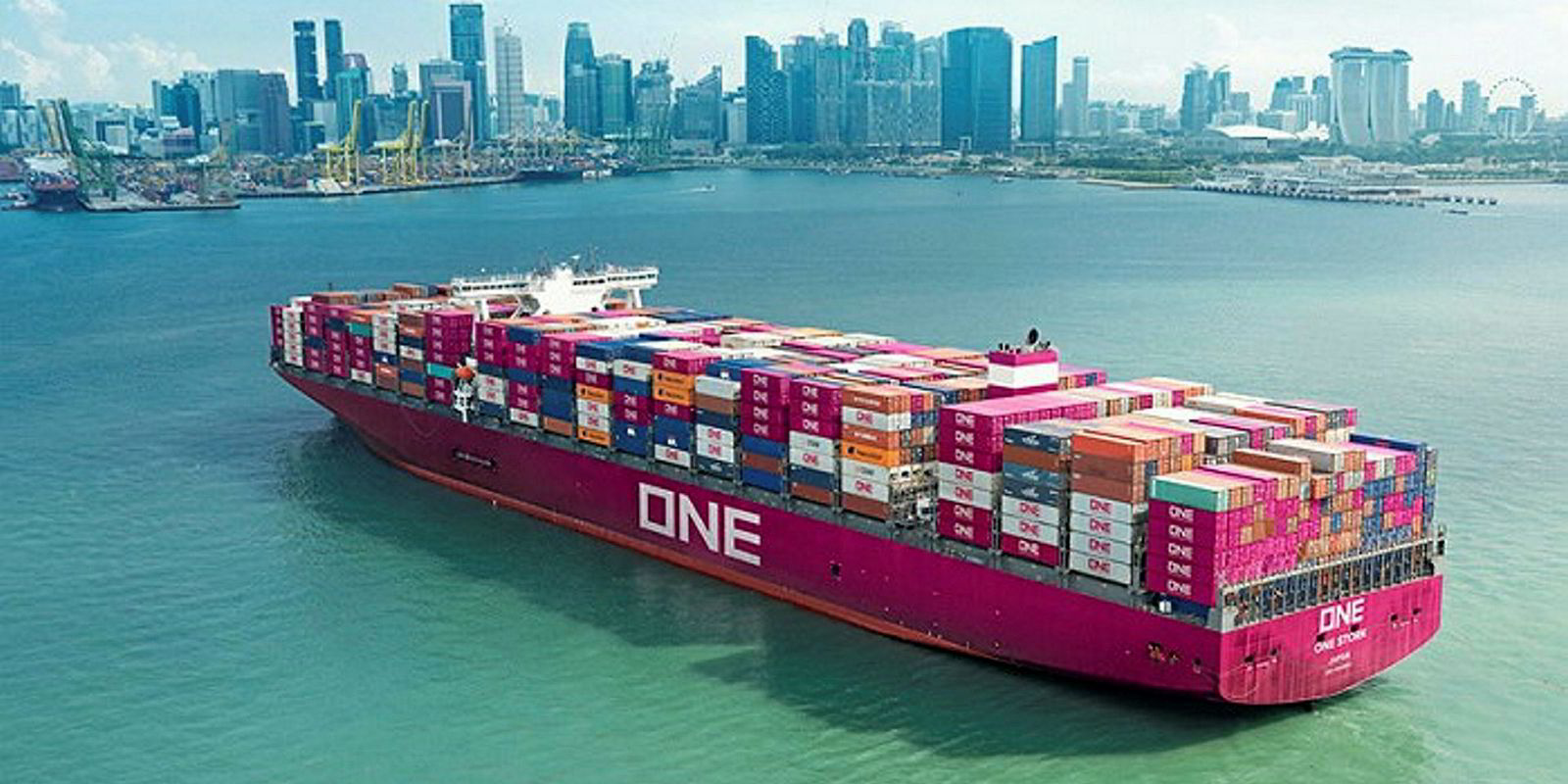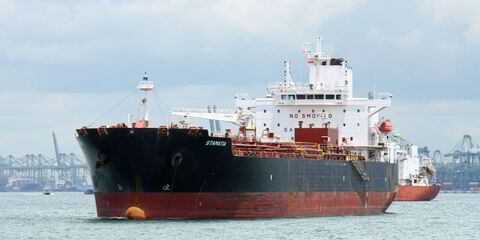Reefer operators are increasingly seeking to charter containerships with high reefer capacity because a growing number of ports cannot handle specialised reefer tonnage.
So believes Yntze Buitenwerf, chief executive of reefer operating giant Seatrade, which has this month redeployed containerships onto a service that previously used specialised reefer vessels.
StreamLines, the container shipping arm of Seatrade, has teamed up with Hapag-Lloyd to reintroduce a fruit-oriented containerised service between North Europe and Central America.
Five-vessel switch
Branded Blue Stream by StreamLines and Caribbean Express by Hapag-Lloyd, it will use five vessels of 2,100 teu to 2,500 teu to ship the volumes previously carried by StreamLines' reefer cargo service.
Seatrade had previously introduced containerships on the trade in January 2016, but withdrew them in March 2018, due to poor maintenance, and redeployed conventional reefers.
We had huge problems with the quality of the ships. We were losing cargoes, customers, our credibility. We said enough is enough, redelivered and changed to specialised reefers
Yntze Buitenwerf
“We had huge problems with the quality of the ships. We were losing cargoes, customers, our credibility. We said enough is enough, redelivered and changed to specialised reefers,” said Buitenwerf.
The intention was to use the reefer ships until the end of 2018, and then change back to containerships, he added.
BlueStream is one of two conventional reefer services that are being replaced with high reefer capacity containerships.
Move mirrored by rivals
Great White Fleet, the shipping affiliate of fruit producer Chiquita Brands International, is also replacing its remaining reefer cargoships with containerships on its service from Central America to North Europe, according to Alphaliner.
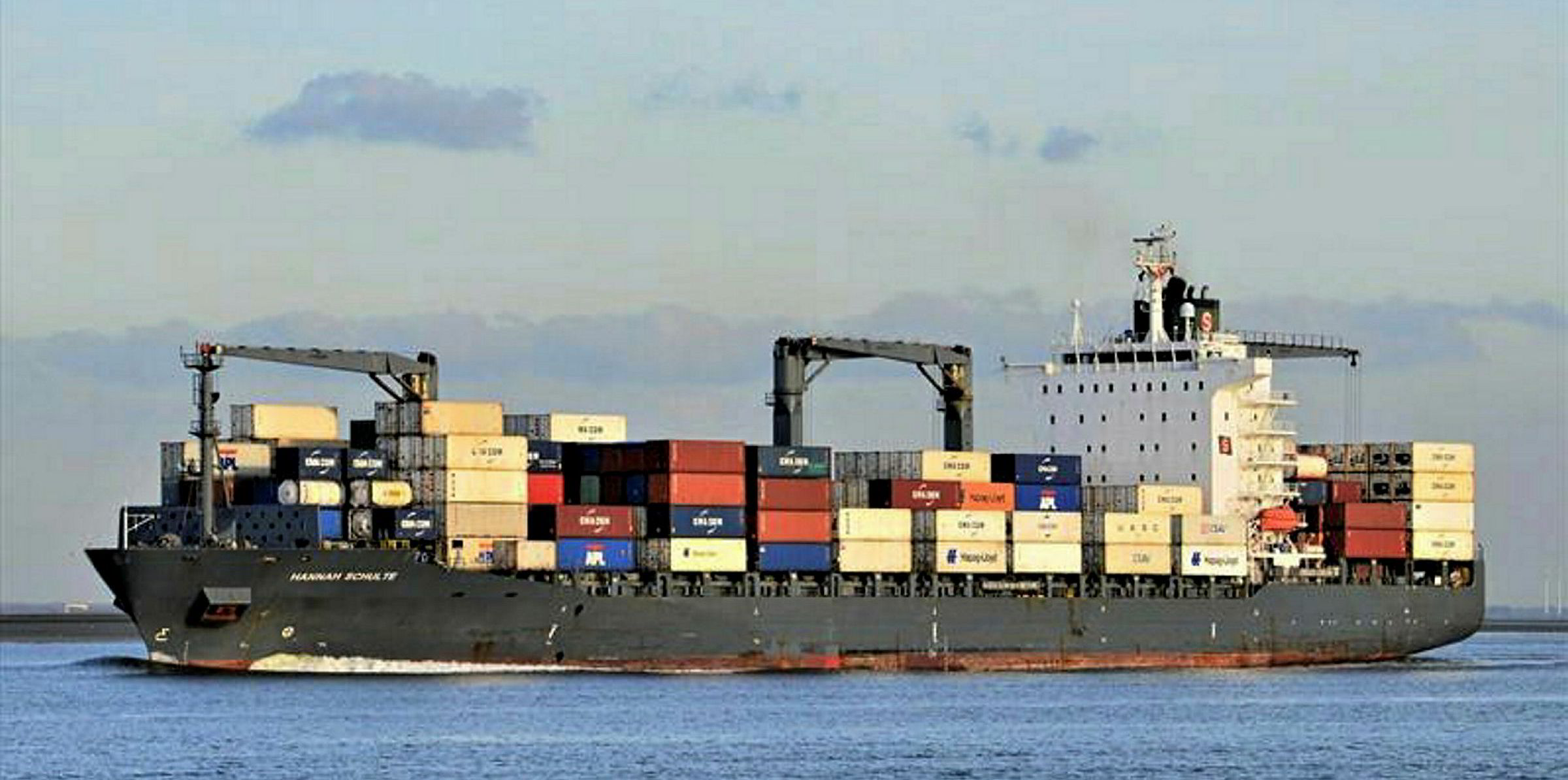
The weekly reefer cargo vessel service is being replaced by a weekly container service employing high reefer tonnage of 2,500 teu, including the 2,572-teu Hannah Schulte and her sistership Cosmos (both built 2006).
These will replace four Star-class reefer cargoships of 13,200 dwt (built 2007 to 2009) and four ice-class reefer cargoships of 14,932 dwt (built 1984 to 1985).
Completing containerisation
The move will complete the containerisation of Chiquita shipments from its Central America production sites to Europe, adding to the boxes shipped on main carriers' ships, according to Alphaliner.
The growing importance of reefer containerships has resulted in Seatrade continuing to build up its container shipping fleet.
On 15 January, the Antwerp-managed company was scheduled to take delivery of the 2,259-teu Seatrade Green (built 2019), the fifth in a series of six reefer containerships on order at Yangfan Group's shipyard in Zhoushan.
Six options are included in the order, as part of a multi-year plan to sign up to 20 high reefer containerships.
Buitenwerf expects some of these will be exercised, although alludes to possible adaptations to the exact size of the vessel.
Seatrade’s expansion into container shipping is mirrored by other fruit operators.
It follows moves late last year by US fruit giant Del Monte to order six 1,268-teu vessels at Huangpu Wenchong Shipbuilding.
At the same time, rival operator Dole booked two firm 2,500-teu newbuildings with reefer-plug capacity for up to 900 units of 40-foot (feu) at Chengxi Shipyard.
Investment in smaller reefers
Seatrade continues to invest in smaller sizes of specialised reefer vessels. It is in the process of taking delivery of four medium-size conventional reefer cargo vessels to be operated by GreenSea, an Antwerp-based joint venture with Norway’s Green Shipping, which specialises in handling reefer cargoes in ports with physical restrictions and ship-to-ship transfers at sea.
The first of the newbuildings, the 309,000-cbf Orange Spirit (built 2018) was delivered last month from Guangxin Shipbuilding & Heavy Industry.
The second vessel is scheduled for delivery on 23 January, while the final two follow in early March and April.
We see the market for the large sized specialised reefer definitely declining
Yntze Buitenwerf
Seatrade will this month also launch a specialised reefer service called Zodiac, which deploys five reefer cargo vessels between North Europe and Central America.
Buitenwerf believes that the trend towards containerships in place of larger reefers is evidenced by the decision of major fruit shippers, such as Chiquita and Del Monte, to order their own vessels.
Larger market declining
“We see the market for the large-sized specialised reefer definitely declining,” he said.
He pointed out that major fruit ports such as Vlissingen already discharge most cargo from containers, while banana loading ports such as Guayaquil in Ecuador are already fully containerised.
Seatrade has adapted by teaming up with liner operating partners including Hapag-Lloyd, from whom it buys container slots for its transatlantic services.
